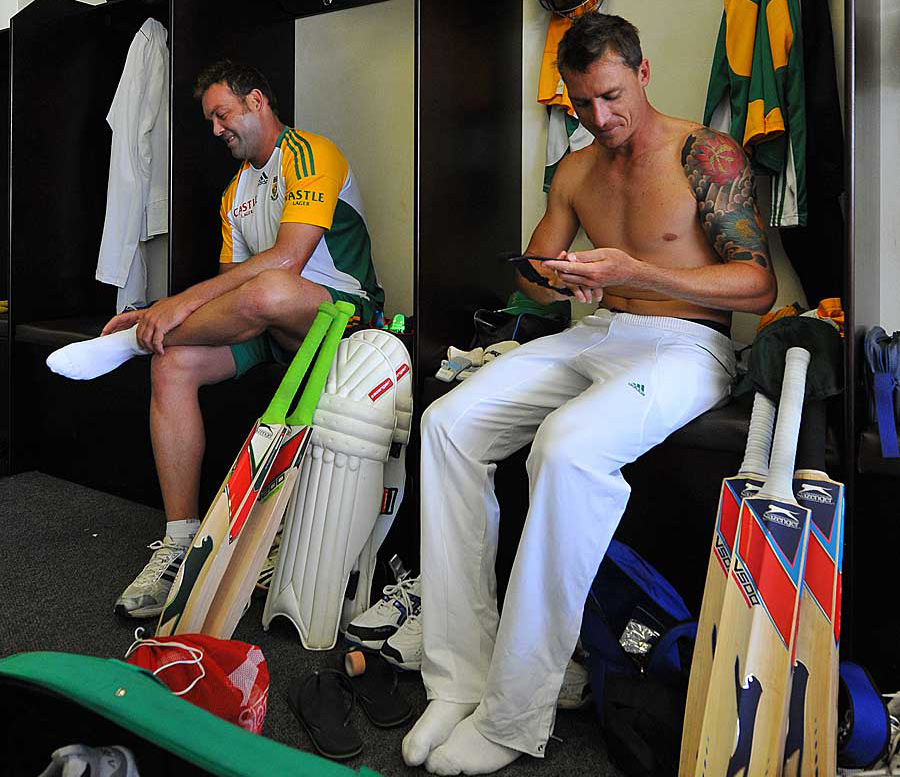Most of us disapprove of wily work machinations, but experts say ignoring power structures will hold you back writes Miranda Green in The FT
If there is one thing most people seem to hate more than politics, it’s office politics. Back-stabbing, conniving, sucking up and kicking down: being on career-enhancing manoeuvres makes people a target of derision among colleagues. This is often laced with envy if their machinations produce results.
As the Divine Comedy put it in their 2019 song “Office Politics”: “Press the flesh, do the deal/ Book your place on the hamster wheel”.
But in recent weeks, I’ve had a rethink, after being embroiled in holiday-period, mid-life job chat with friends and contemporaries. Many feel stymied, overlooked or are bored and miserable in roles they have outgrown.
As with so much in life, when you reach the end of what the Americans (wonderfully) call the “pity party”, you need some constructive advice. Sometimes empathy is good. But sometimes it’s better to have a more bracing perspective.
One shocking set of potential solutions (which I share in a spirit of passing on this useful jolt) came from consulting the most recent book by go-to theorist of office politics, Jeffrey Pfeffer, professor of organisational behaviour at Stanford.
In The 7 Rules of Power he warns that “people opt out of the quest for power” often because they see bad people seeking it or using it for ill. But they become victims of this decision, missing out on the benefits of playing the game. “A comprehensive meta-analysis of the effects of political skill [at work] found it was positively related to job satisfaction, work productivity, career success and personal reputation, and negatively related to physiological strain.” In other words, the consequences of holding back from the fray could be feeling unrecognised and unhappy, watching both your output and health decline — yikes.
Prof Pfeffer is not one to sugar coat his messages. He has spent a lifetime getting his disciples, at Stanford and elsewhere, to accept what he calls the brutal realities: playing politics is fundamental to getting anywhere at work. Interestingly, resistance to this message is widespread — people prefer what he deems the soothing idea that the light of great work will shine, even under a bushel.
The Pfeffer method is probably most suitable to corporate life. But there are tips for anyone seeking a route up, or out of an unfulfilling rut. They include making yourself and your achievements as visible as possible, projecting confidence and authority, and making sure you network, network, network: you have to become an invaluable conduit and contact.
His first piece of advice, however, is to face up to the fact that this stuff is vital: you need to, in his words, “get out of your own way”. Don’t disapprove of people you see engaged in self-promoting stratagems, learn from them. And if your identity depends on belief in, as Pfeffer satirically puts it, “a just world and the ultimate triumph of merit”, you are in danger of sacrificing what you want from your working life.
Don’t get me wrong. Unlike many others, actual democratic politics has been a life-long obsession and delight to me, but I am not totally sold on the Pfeffer method of mastering the work-based variety. Do not expect a memoir entitled: How I stopped worrying and learned to love office politics. While Pfeffer argues you can’t fight “the behavioural realities of power”, straying too far from your core values will make you feel dreadful. But I am convinced by one thing: hiding from the trade-offs you are already making will send you straight back to that pity party.
Some prefer — and are better suited to — ploughing their own furrows. It certainly seems a better use of energy than a preoccupation with internal status games. But Pfeffer would probably think this is culpably naive: I suppose it’s your own fault if you haven’t learnt how to at least play the system in order to be left alone to plough that furrow. And by the way, you do need appropriate recognition and reward. Very few can eat or shelter under their ideals.
Here’s his warning to the mid-life cohort: “The ability to do power becomes more important as your career advances.” If “at a certain level everybody is smart,” you need other ways to make your mark.
And having to negotiate between your own and other people’s agendas is just part of adult life. This year, it may be time to act strategically to try and secure your place — if not on the hamster wheel, then least somewhere you won’t complain about.


